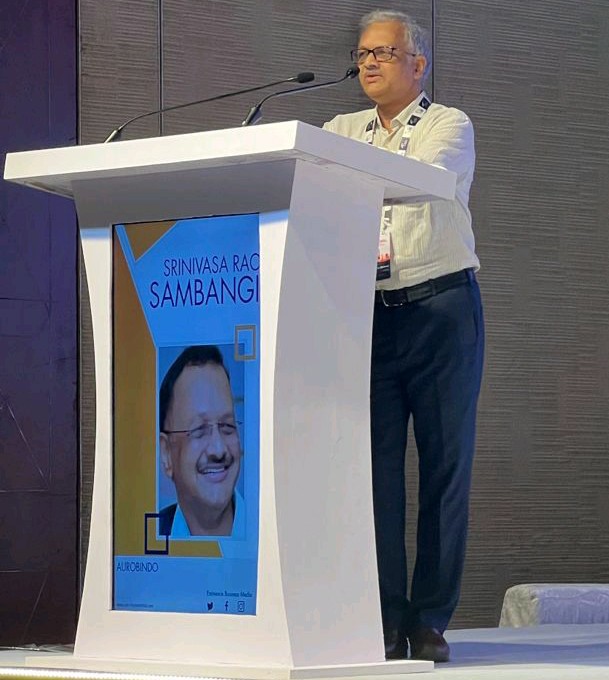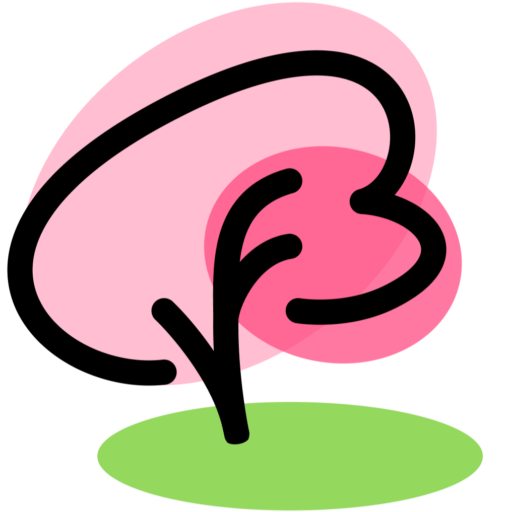Srinivasa Rao Sambangi

cherry blossoms
all other words
below
Srinivasa Rao Sambangi
Hyderabad, India
Congratulations on having your haiku selected as the top winner in the International category in the Vancouver Cherry Blossom Festival’s 2022 Haiku Invitational contest. How did you first learn about haiku, and how much writing of haiku or other poetry have you done?
While I was browsing for something on the net in 2016, I found a poetry site called allpoetry.com that retriggered my childhood passion for poetry. I joined a haiku course there. The teachers and other poets helped me learn and improve my writing skills. So far, I’ve published more than 600 haiku in various journal and quite a few of them are recognised in international contests.
What was the inspiration for your winning poem?
I wrote this poem for the purpose of this contest. There are thousands of haiku about cherry blossoms written by many well-known poets. So, whatever I wrote looked like it was plagiarised. I struggled a bit to find the right words. When I realised I was not getting the right words, the second and third lines flashed as a satori. The key to this poem is the third line. There is space below the single word line “below” which is expandable by the reader to the limitlessness. Cherry blossoms are beyond human feelings.
Describe the moment when you first learned you had won.
I send haiku to almost all haiku journals. Every morning when I get up, I check my mailbox to see if any acceptances/rejections have arrived. I could not believe in the first reading of the email that morning, and read twice or thrice for confirmation. I shared the news with my children who are the happiest ones to see my success as much as I of theirs. Also, I shared it with one of my close friends.
Do you have favourite books or websites relating to haiku that others might benefit from to learn haiku as a literary art and to share one’s haiku?
Apart from haiku techniques I learnt at allpoetry.com I often refer to The Haiku Handbook by William J. Higginson and Writing and Enjoying Haiku by Jane Reichhold. In addition, Bashō: The Complete Haiku, The Life and Zen Haiku Poetry of Santōka Taneda, and Naad Anunaad edited by Kala Ramesh, Sanjuktaa Asopa, and Shloka Shankar are among the books I read. Apart from that I often browse various online journals and articles whenever I get free time.
Please tell us more about yourself.
My office life and personal life are quite contrasting. I’m a lean six sigma master black belt working for a pharma company. While in the office I mostly deal with numbers and at home I struggle to find words for my haiku. I wish to travel to see different cultures, but my work life does not permit it. Waiting for retirement to do that.
How does where you live and what you enjoy doing affect the way you write haiku?
I was born and brought up in a remote village in India and currently live in a city. This transformation from a slow and serene life to fast-track city life is often the subject for my haiku. We have a few trees around my residence. Every morning a bird sings. Several times I tried to find it but no success so far. Perhaps it does not want recognition for its song. This taught me a great lesson not to be disappointed when my work is not recognized.

